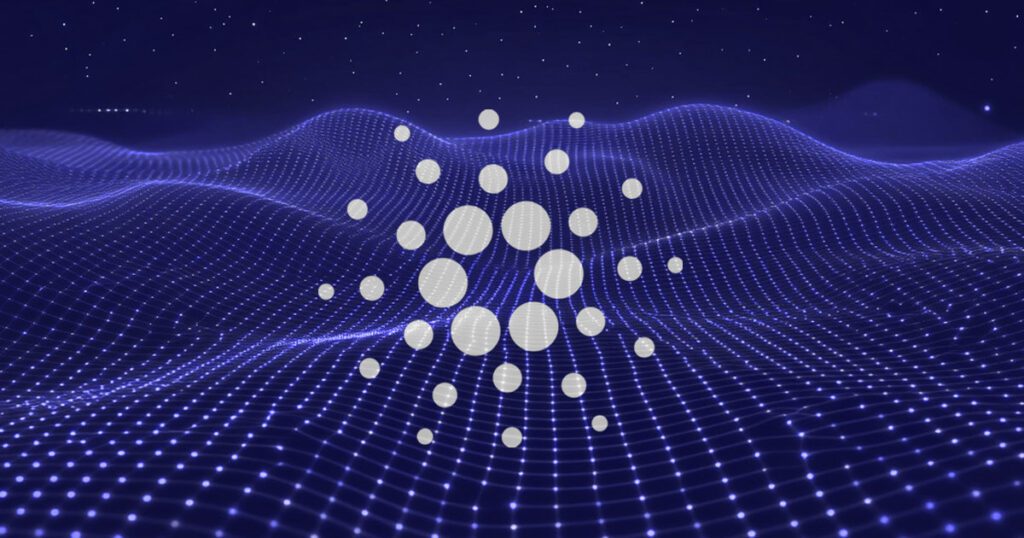The Cardano network has reached a significant milestone by successfully deploying its first zero-knowledge (ZK) smart contract on mainnet.
This achievement uses the Plutus v3 ledger language, marking a step forward for the network’s capabilities.
The ZK Halo2 smart contract will allow zero-knowledge applications and partner chains, such as Midnight, to integrate with Cardano.
On November 25, the Input-Output (IO) research team verified the Halo2 proof on mainnet for the Ad-hoc Threshold Multi-signature (ATMS) scheme. This program successfully validated 50 out of 90 signatures.
The process involved two transactions: one blocking the funds and another unlocking them after verification of the evidence. The lock transaction costs 0.16 ADA, while unlocking using Halo2 verification requires a fee of 2.03 ADA.
Understanding Halo2
Halo2 is a cutting-edge zk-SNARK proof system that enables secure validation of transactions without revealing sensitive details.
The company explained that the technology leverages the PLONK protocol, a universal zk-SNARK framework that optimizes efficiency and flexibility. Halo 2 is component-based, dividing its functions into modular elements, in hopes of making it easier to adapt to cryptographic needs.
This approach allows one party to confirm another’s calculations without exposing the underlying data. Unlike traditional zk-SNARK systems, Halo2 eliminates the need for reliable configuration and resolves potential security risks and logistical challenges.
Another notable feature of Halo2 is its support for recursive proofs. This capability divides calculations into smaller segments, where the proof of one step serves as input for the next. This feature enables efficient evidence aggregation, targeting improved performance and scalability.
Input Output declared:
“Halo 2 was developed as an expansion and enhancement of the original Halo protocol, designed by Sean Bowe of Electric Coin Company. By leveraging modern cryptographic primitives, Halo 2 improves the overall security of zero-knowledge proof.
With these advancements, Halo2 aims for real-world applications to reduce overhead and improve the speed of proof generation and verification.




